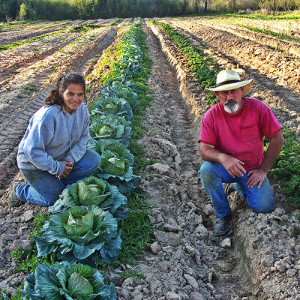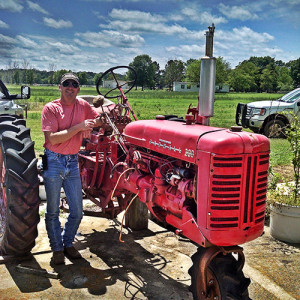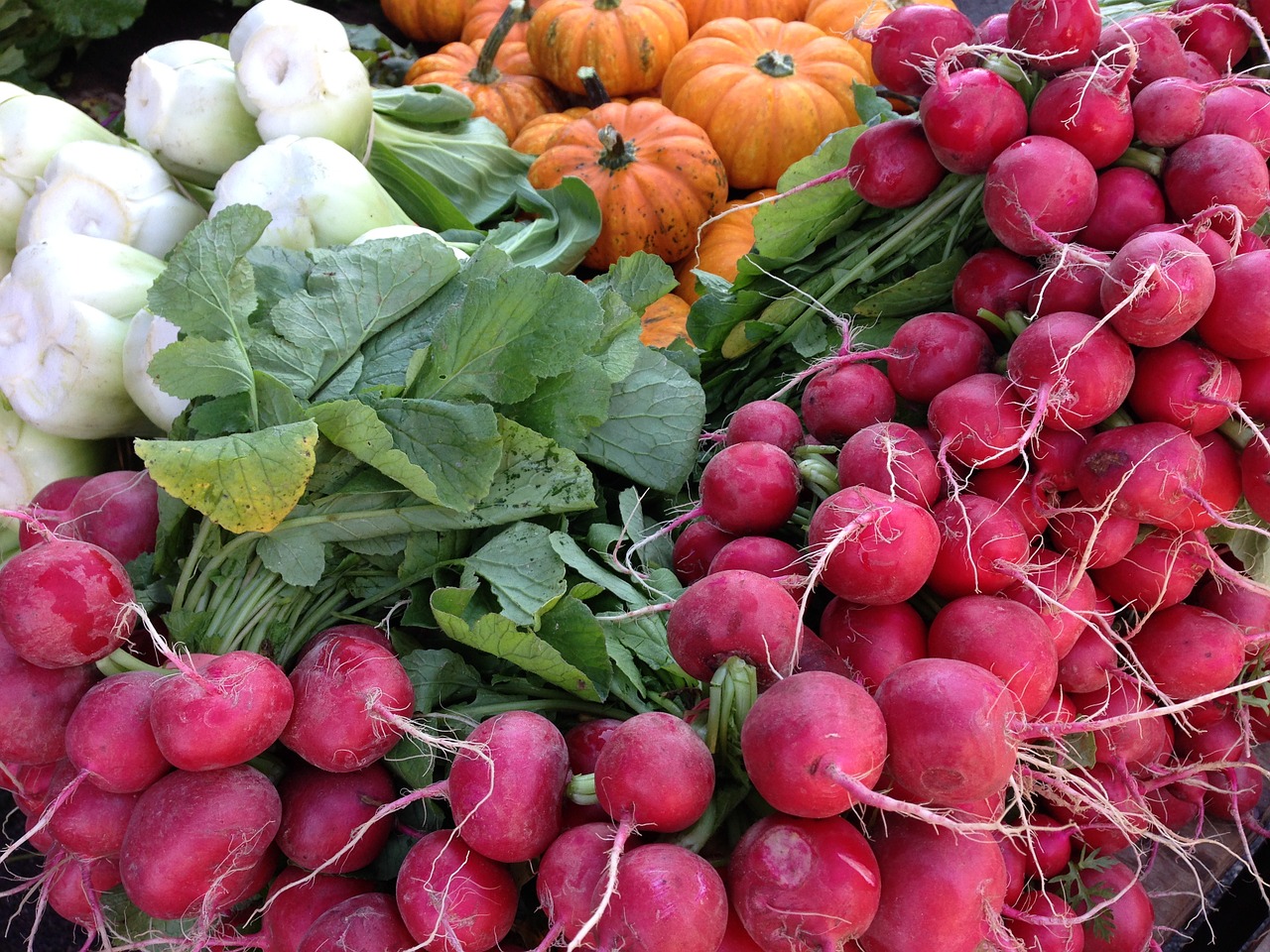 Most of us lead lives pretty far removed from the cycles of agriculture. Fiscal quarters, school semesters, or paydays are the rhythm to which our clocks tick, but agriculture is all around us! There are small, family-owned farms and community gardens contributing products to almost every community in America.
Most of us lead lives pretty far removed from the cycles of agriculture. Fiscal quarters, school semesters, or paydays are the rhythm to which our clocks tick, but agriculture is all around us! There are small, family-owned farms and community gardens contributing products to almost every community in America.
Harvest season is upon us, which is traditionally the time to celebrate the bounty of local farms. Alchemy Goods would like to recognize some of the efforts in America to preserve and support our farmlands, and give you Alchemists a few guidelines as to how you can purchase produce directly from the people creating it.
*PRESERVING FARMLANDS*
The American family farm is an endangered species, and we want to encourage every Alchemist to help support local agriculture this harvest season. According to the American Farmland Trust, 57 percent of America’s farmers are over 55, and struggling to maintain the purpose of their land—as a result, over 50 acres of US farm and ranch land are lost every hour. Local farmers are not only the primary source of quality organic produce, but also our first defenders against soil erosion, water conservation, and climate change, and hopefully we can reverse the process of their disappearance and help them thrive.
National: American Farmland Trust
American Farmland Trust is one of the most important organizations working to save our disappearing farmland and promote voluntary conservation practices. Helping farmers buy back their land from threatening development projects saves thousands of acres of America’s best soil from cement—show your support with a free bumpersticker to shout the cause, your help donate!
Some Pictures from their farms:
Local: Washington’s PCC Farmland Trust
We’re losing Washington farmland at a rate of 45,000 acres a year, and the PCC Farmland Trust is a non-profit dedicated to preserving our diminishing farmlands by helping farms become declared conservation easements. As with the American Farmland Trust, this prevents any future real estate development and ensures that the land will be used for farmer-operated agriculture. The PCC Farmland Trust helps negotiate land sale and use between farmers, saving land that would otherwise exit agricultural use forever.
So far, PCC Farmland Trust has saved eleven farms all over Washington State! Alchemy Goods is a Seattle company that takes great pride in the sustainable, local products that come from our state and region, and we encourage any local Alchemists to set their tables this fall with the bounty of a PCC Farmland Trust farm!
*BUY LOCAL, BUY SUSTAINABLE*
There are nearly two million American farms, and about 80 percent of those are small and family owned, and often rely on avenues of selling their products directly to the public. Though land trusts like the ones discussed above help, the real battle is fought every day at the supermarket. We want to urge all the Alchemists out there to be conscientious of where they’re getting their food this harvest season.
How can you patronize these small farms, especially now that farmer’s market season is wrapping up? Try getting a CSA!
What’s a CSA?
“CSA” stands for Community Supported Agriculture, and it’s a way of buying produce directly from the farmers who grow it. For a relatively small weekly fee, you’ll get a box of produce either delivered to your home or a central pick-up location that contains an assortment of whatever crops are currently in season on the farm you’ve chosen to support.
Here’s a description of what you might expect in each box for a typical fall CSA from Seattle’s own Tilth, a non-profit organization that runs a series of farms and community gardens and offers lessons in farming and gardening to youth, refugee and immigrant families, and curious adults. You’ll get a week’s supply of: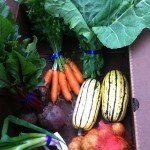
- one leafy green (like kale, chard or collards)
- an allium (like onion, garlic or leek)
- potatoes (including fingerlings, red, purple, and gold varieties)
- a root crop (like turnips, carrots, parsnips or beets)
- an additional item that are fresh on our farms, like winter squashes, apples and more
CSA’s aren’t just in Seattle—you can find them almost anywhere! The site Local Harvest is a fantastic resource for finding not only CSAs near you, but also local organic farms. Not only will you be supporting your local community’s environment and economy, but you’ll also be doing your body a favor and treating it to a diverse selection of naturally-grown and super-fresh vegetables, and possibly challenging yourself to cook and eat plants you’ve never encountered before!
Local Markets
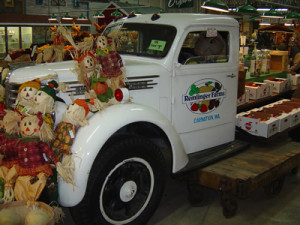 If you don’t want to commit yourself to a CSA, you can always buy your produce and animal products from markets that stock local organic goods! Chains like PCC, Whole Foods, and Metro Market are a good place to start, but we encourage Alchemists to look for locally-owned independent businesses.
If you don’t want to commit yourself to a CSA, you can always buy your produce and animal products from markets that stock local organic goods! Chains like PCC, Whole Foods, and Metro Market are a good place to start, but we encourage Alchemists to look for locally-owned independent businesses.
For Seattleites, we love Remlinger Farms, a family owned and operated local farm that started as roadside produce stand and has grown into a 200 acre education and tourist center that sells products from their own farm and others in the area. Remlinger is especially well known for their U-Pick pumpkin field—get your Halloween and Thanksgiving pie pumpkins there!
American farms don’t exist in a vacuum—they need the support of their communities! Halloween and Thanksgiving are great opportunities to set your table with products from local farms, and so is every other day! Harvest is the best time of the year to get in touch with local sources of agriculture—happy harvest season, Alchemists!
More pictures from American Farmland Trust; PCC Farmland Trust photo by Becky Warner and Farmland Trust; Photo by Remlinger Farms


